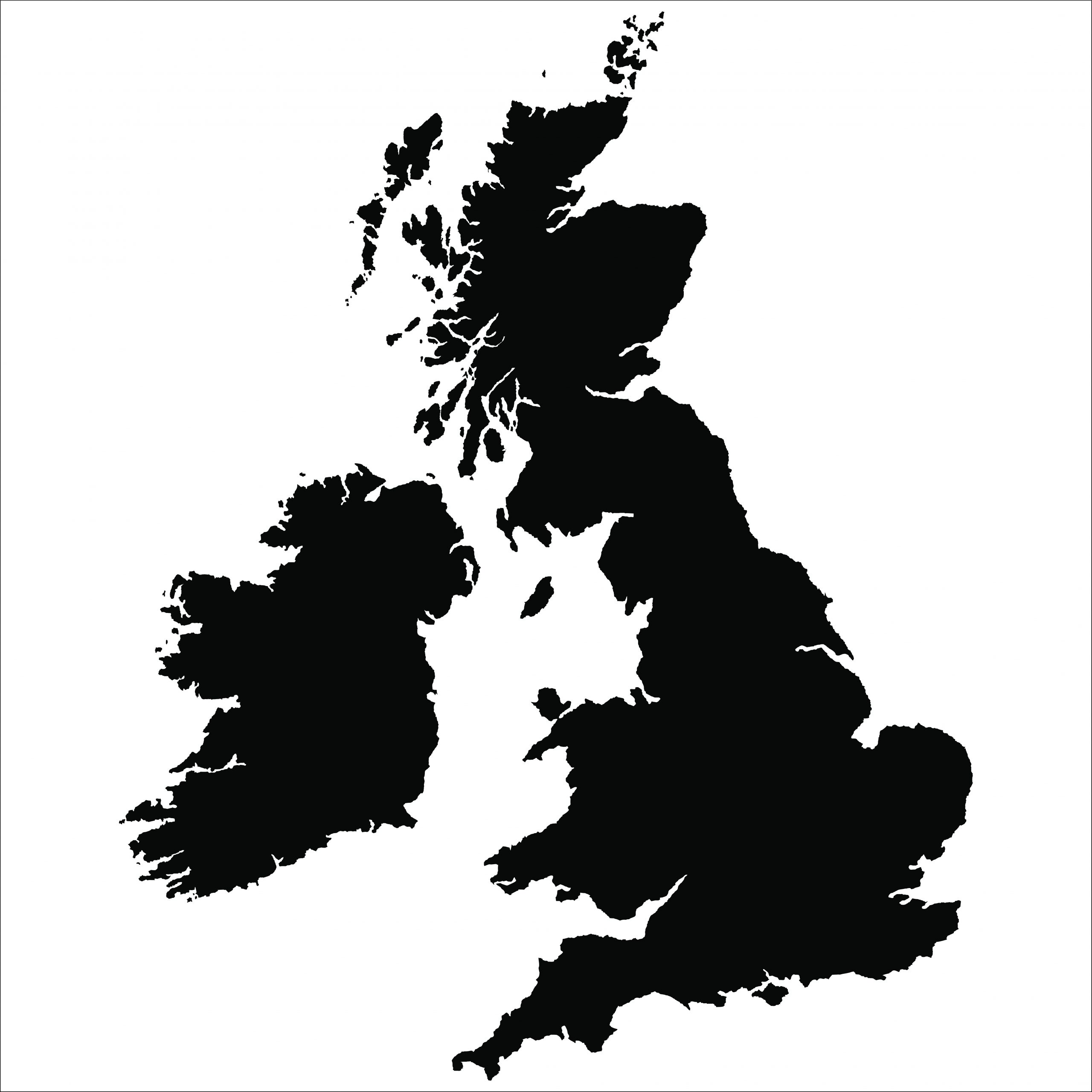Harrier
No products found which match your selection.
Shelter Dog Meal Donation Count:
No products found which match your selection.
The Harrier is a friendly, energetic medium-sized hound with a strong hunting instinct. Excellent with families, they require regular exercise and thrive on companionship.
Harriers are known for their stamina and scenting ability. Originally bred for hunting hares and foxes, they are skilled at working in packs and have a keen nose for tracking.

The Harrier’s origins trace back to England, where they were developed to hunt hares. Their name is derived from their prey, the hare. They are a historic breed, with a lineage dating back several hundred years.

Generally a healthy breed, but some may be prone to hip dysplasia and ear infections. Regular health check-ups and screenings are recommended.
Low maintenance; regular brushing is sufficient to keep their coat in good condition. Occasional baths, regular nail trims, and ear checks are necessary.
High exercise needs; requires regular, vigorous activity. Ideal for active families or individuals who can provide ample exercise opportunities.
Intelligent and capable of learning quickly. Can be independent, so consistent, patient training is necessary. Early socialization is important to develop well-rounded behavior.
Requires a balanced diet appropriate for a medium-sized, active breed. Care should be taken to monitor their food intake and prevent obesity.
Caring for a Harrier involves meeting their exercise and companionship needs. They thrive in environments where they can be active and are part of family activities. With proper care, including regular veterinary visits, suitable nutrition, and sufficient exercise, Harriers make lively and affectionate companions.
Harriers, known for their energy and stamina, are generally robust dogs but, like all breeds, they have predispositions to certain health issues. Awareness of these conditions and the recommended tests can help maintain their health.
Understanding these common health issues and adhering to the recommended tests and preventive care guidelines can help ensure a long, healthy life for a Harrier. Collaboration with your veterinarian is key to developing a health care plan tailored to your dog's specific needs.
The iHeartDogs Free Rx Discount Card Program is a pet prescription discount card that can help you save money on your furry friend’s medications. The card is free to sign up for, and you can use it at participating pharmacies nationwide. To use the free program, simply show the card to your pharmacist when you pick up your pet’s prescription. The pharmacist will then scan the card, and you will receive a discount on the price of the medication.LEARN MORE
Caring for a Harrier, a medium-sized dog with high energy levels, involves various expenses. These can vary depending on factors like location, the dog’s age, health, and personal care choices. Here’s a breakdown of typical expenses:
Total Estimated Annual Cost:
$3035 - $6470
It's important to note that these figures are estimates and can vary. Also, the first year of owning a dog can be more expensive due to one-time costs like spaying/neutering, initial vaccinations, and training. Regular budgeting for your dog's needs and an emergency fund for unforeseen costs are essential for responsible pet ownership.